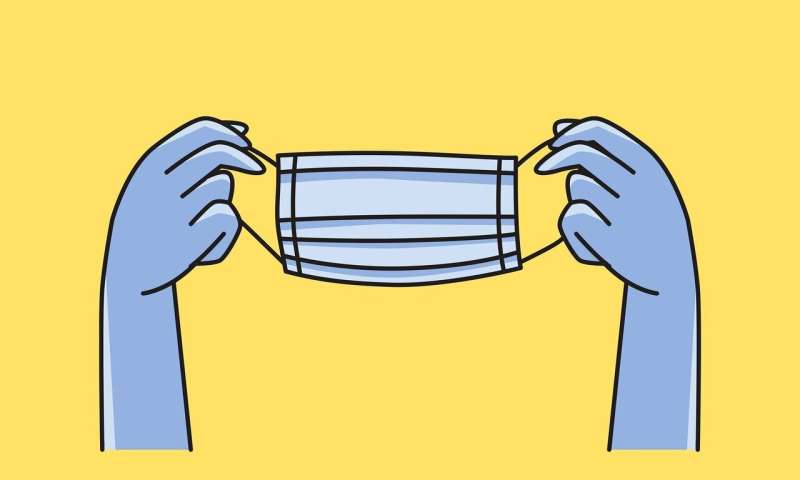
California lifted regional stay-at-home orders across the state Monday in response to improving coronavirus conditions, returning the state to a system of county-by-county restrictions, state health officials announced.
The order had been in place in the San Francisco Bay Area, San Joaquin Valley and Southern California, covering the majority of the state’s counties. The change will allow businesses such as restaurants to resume outdoor operations in many areas, though local officials could choose to continue stricter rules. The state is also lifting a 10 p.m. to 5 a.m. curfew.
“Together, we changed our activities knowing our short-term sacrifices would lead to longer-term gains. COVID-19 is still here and still deadly, so our work is not over, but it’s important to recognize our collective actions saved lives and we are turning a critical corner,” Dr. Tomas Aragon, the state’s public health director, said in a statement.
Gov. Gavin Newsom is expected to address the public later Monday.
The decision comes with improving trends in the rate of infections, hospitalizations and data behind the forecasts.
During the weekend, San Francisco Bay Area ICU capacity surged to 23% while the San Joaquin Valley increased to 1.3%, its first time above zero. The huge Southern California region, the most populous, remains at zero ICU capacity.
Early last year, the state developed a system of color-coded tiers that dictated the level of restrictions on businesses and individuals based on virus conditions in each of California’s 58 counties. Most counties will now go back to the most restrictive purple tier, which allows for outdoor dining, hair and nail salons to be open, and outdoor church services. Bars that only serve beverages cannot be open.
One county supervisor in Los Angeles, home to 10 million people, expressed support for opening more businesses in the country. Republican Supervisor Kathryn Barger said the state must balance public health with “devastating social, emotional and economic impacts of this virus.”
“I support following the Governor’s recommended guidelines for Southern California, and reopening outdoor dining, personal care services and other industries that were previously closed by these orders,” she said.
The county-by-county tier system uses various metrics to determine the risk of community transmission and apply a color code—purple, red, orange or yellow—which correspond to widespread, substantial, moderate and minimal, respectively.
Source: Read Full Article